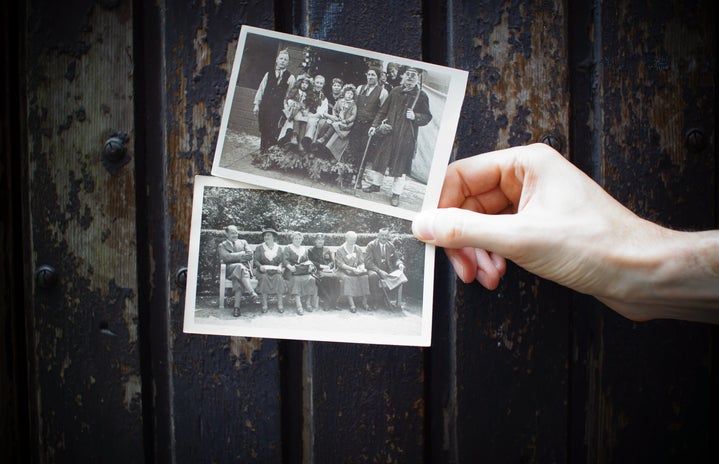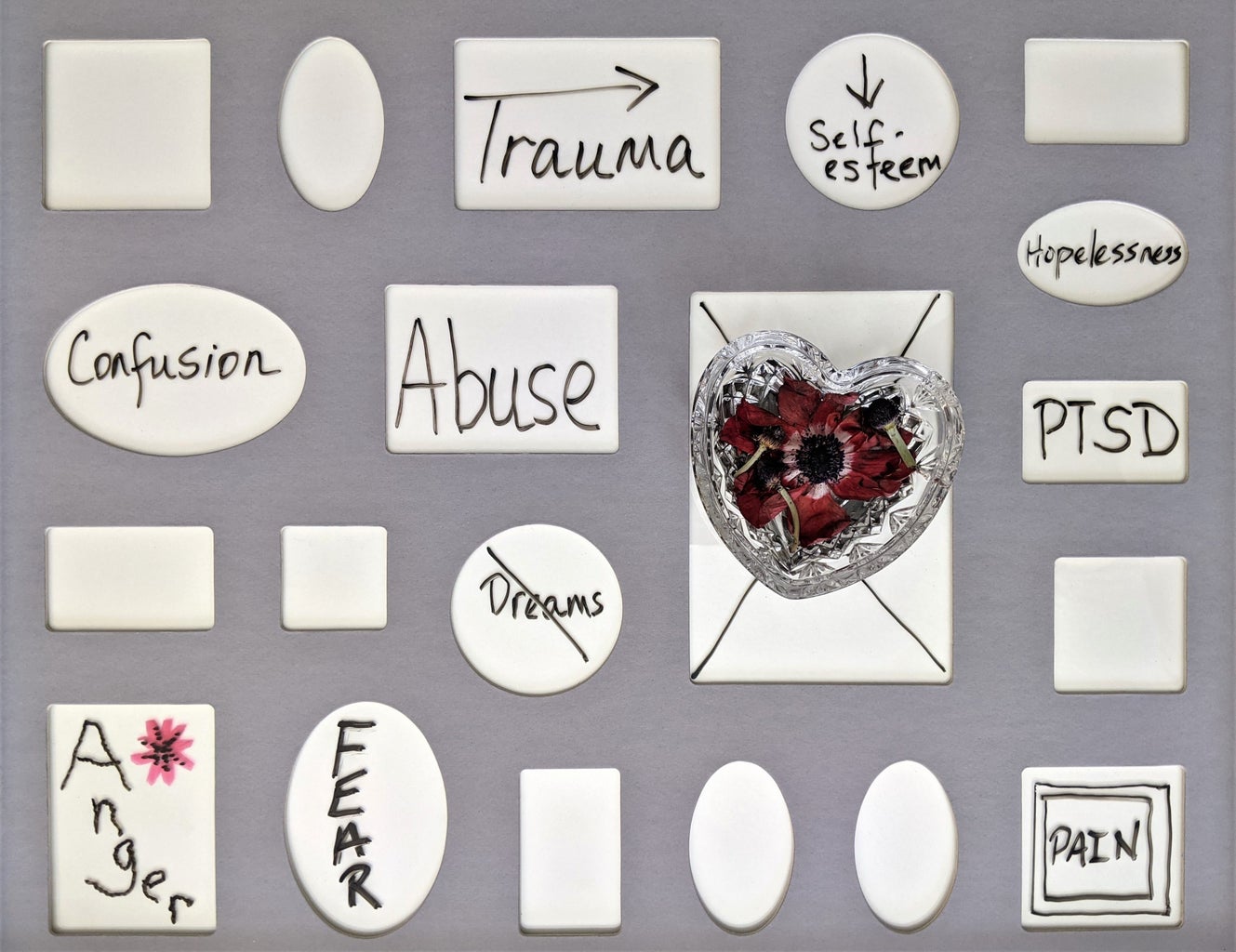“Encanto” captured the hearts of millions when it debuted at the tail end of 2021, its unconventional story and chart-topping music effortlessly making it Disney’s newest golden child. A few months later, Pixar released “Turning Red” with more controversy; some viewed the content as being inappropriate for children, others were alienated by the Asian, female-led story, and the rest were charmed and singing praises to the movie.
(Personally, I’m of the unpopular minority that was underwhelmed by both movies. However cute the character designs, catchy the songs, and profound the messages, a sub-par execution is still sub-par. But—this is not a movie review. For one of those, consider reading Lanaya Oliver’s appraisal of “Turning Red” instead.)
Despite their opposing receptions, both films are alike in their choice of focus: the exploration of intergenerational trauma.
(Warning: spoilers ahead.)
Intergenerational trauma is defined as “trauma that is passed from a trauma survivor to their descendants.” It is caused by adaptive behaviors developed in response to a traumatic event or series of events, which are inherited from generation to generation.
For example, someone raised in an abusive household may develop emotional detachment as a defense mechanism and grow up to be emotionally distant towards their children, who will in turn be emotionally distant towards theirs. Another person may instead emulate the aggression of their abusers, screaming and yelling at their children, who will parent their own children in the same manner.
Often these behaviors are reproduced unconsciously if the trauma is not acknowledged. The most powerful first step toward breaking the cycle is realizing the cycle exists so that the process of healing and adopting healthy coping strategies can begin.
The traumatic event is obvious in “Encanto”: a violent conflict that forced Abuela Alma from her home and killed her husband, leaving her to raise three children alone. She was saved from her husband’s fate by her candle’s magic protection; due to her trauma, she is incredibly fixated on preserving the magic and clings to her family, holding them to literally supernatural expectations.
This has many effects on her children and grandchildren, such as Bruno’s vilification and ejection from the family, Luisa’s overwhelming weight of responsibility, and Isabella’s unhealthy perfectionism. Due to Mirabel’s intervention, the cycle is nipped in the bud before it truly becomes one, but the beginning signs of it are undeniably seen.
The magic gifts are an obvious metaphor for “gifted” kids in real life. Giftedness is a concept that is levied on children at a young age, but it becomes a curse as they grow older. Those without gifts are cast aside and neglected, while those with gifts are worked to the bone. Both will feel as though they will never be enough.
In “Turning Red,” there’s a scene where Ming, Mei’s mother, complains about her daughter’s treatment of her. The phone rings right after her words, and when her husband informs Ming that her own mother is calling, she panics and dives off the couch, telling him to pretend she’s not there.
Though this moment is meant to be funny and ironic, it does echo the sad truth of how easy it is to embody the negative traits of those who raised us just from exposure if we aren’t careful. The Red Panda can be a metaphor for many different things, but its most important representation is all the idiosyncrasies and imperfections that are suppressed in order to meet some set, mystical high bar. There is no specified traumatic event in “Turning Red,” but it’s clear that Ming’s suffocating expectations of Mei are a result of her own mother’s stratospheric ones of her.
Mei confronting her mother’s younger self and walking her through the astral forest at the end of the movie is a heart-wrenching look into the ugly, complicated knots of intergenerational trauma. The reason why overcoming it is so difficult is because the instigators of our trauma are our loved ones, and they are the victims of their own trauma as well. It’s hard to see the child that they once were inside of yourself.
Disney and Pixar were bold to shine a light on a topic that many are unwilling to look directly at. People have shared all across the internet how surreal it was to watch these films with their families and see the exact issues they face animated on screen. But most validating and hard-hitting were the apologies from Ming and Abuela.
“You try to make everyone happy but are so hard on yourself. If I taught you that, I’m sorry.”
“The miracle is you, not some gift, just you. All of you.”
Nobody wants to admit that they’re doing something wrong. No one wants to find out that the way they love is wrong, that it is hurting those they care about. That’s why it matters all the more when they do.
When someone has hurt us, we want it to be acknowledged, not brushed away by time. Seeing these apologies on screen touched many audiences, because it doesn’t matter how many years have passed and how much you’ve healed: the child in you will still be there, waiting for those words.
Though it was expressed in a cute, fanciful way to appeal to younger audiences, the message of overcoming intergenerational trauma was just as impactful. It resonated with me, as I’m sure it did with many others across the world, and more importantly, it brought forth a subject that has luxuriated in the dark for decades.
The most powerful first step is realizing the cycle exists. Like the characters we rooted for and watched grow, perhaps now, we too can finally break ours.







